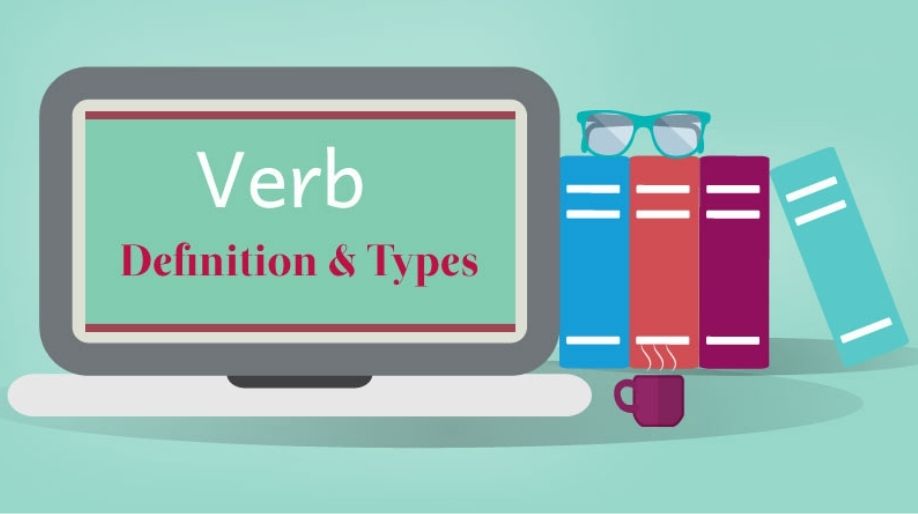
A verb is a word that represents an action, an occurrence or conveys a state of being.
Examples:

What does Ms. Hales do today morning?
She takes the class.
The action she is doing is “taking" the class.
So, the action is denoted by the word “takes". In that case that word “takes" is the verb.
Here, the word “write" is the verb.
A transitive verb is the verb which takes an object.
By this sentence, Ms. Hales takes the class.
Here………
The word “Ms. Hales" is the noun.
The word “the class" is the object.
The word “takes" is the verb.
An intransitive verb is a verb which does not take an object.
In this sentence, the verb “laughed" does not need an object to complete the sentence. So, the verb “laugh" is an intransitive verb.
• I daily wake up at 5am.

Here the verb “wake" does not need an object for completing itself. So, the verb “wake" is an intransitive verb.
A verb which helps another verb to form its tense, voice or mood is called an Auxiliary verb.
Example: -
They have done very well in the examinations

The following verbs are called Modal verbs:
Shall, should, will, would, may, might, can, could, must, ought and dare are called modal verbs.

There are different kinds of adverbs expressing different meaning. The following are some of the common ones.
An adverb of time tells us when something is done or happens. We use it at the beginning or at the end of a sentence. Adverbs of time include afterwards, already, always, immediately, last month, now, soon, then, and yesterday.
Examples:

An adverb of place tells us where something is done or happens. We use it after the verb, direct object or at the end of a sentence. Adverbs of place include words such as above, below, here, outside, over there, there, under, upstairs.
Examples:
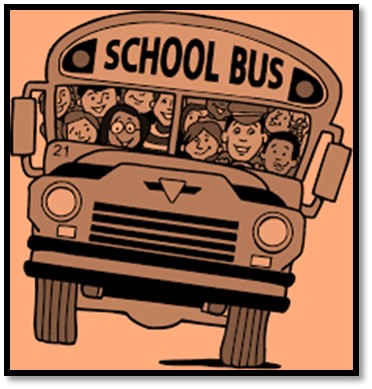
An adverb of manner tells us how something is done or happens. Most adverbs of manner end in –ly such as badly, happily, sadly, slowly, quickly, and others that include well, hard, fast.
Examples:
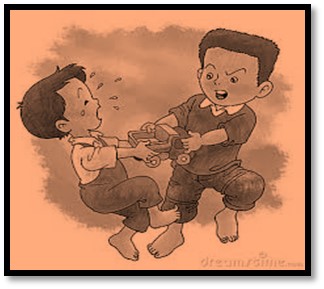
An adverb of degree tells us the level or extent that something is done or happens. Words of adverb of degree are almost, much, nearly, quiet, really, so, too, very, etc.
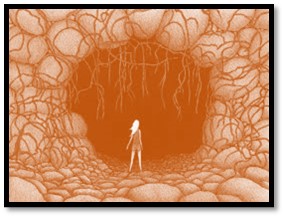
An adverb of frequency tells us how often something is done or happens. Words used as adverbs of frequency include again, almost, always, ever, frequently, generally, hardly ever, nearly, nearly always, never, occasionally, often, rarely, seldom, sometimes, twice, usually, and weekly.
Examples:
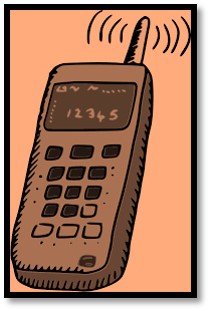
Q.1 |
Identify which type of verb is the word given in highlighted in the given sentences. Rita "sang," but no one came to listen. |
| a) | Transitive |
| b) | Intransitive |
| c) | Neither a or b |
| d) | Both a and b |
Q.2 |
Identify which type of verb is the word given in highlighted in the given sentences. I "am listening" to songs. |
| a) | Transitive |
| b) | Intransitive |
| c) | Linking |
| d) | Helping |
Q.3 |
Identify which type of verb is the word given in highlighted in the given sentences. How "do" you manage your time so well? |
| a) | Transitive |
| b) | Intransitive |
| c) | Linking |
| d) | Not a verb |
Q.4 |
Identify which type of verb is the word given in highlighted in the given sentences. Don Matt was "awarded" the medal of honour for his bravery. |
| a) | Transitive |
| b) | Intransitive |
| c) | Helping |
| d) | Not a verb |
Q.5 |
Identify the type of verb which is highlighted in the given sentence. I always "drink" water first thing in the morning. |
| a) | Transitive |
| b) | Intransitive |
| c) | Helping |
| d) | Linking |
Q.6 |
Identify the type of verb which is highlighted in the given sentence. Which games do you "play"? |
| a) | Transitive |
| b) | Intransitive |
| c) | Linking |
| d) | Helping |
Q.7 |
Identify the type of verb which is highlighted in the given sentence. Oh god! You "took" me by surprise! |
| a) | Transitive |
| b) | Intransitive |
| c) | Linking |
| d) | Helping |
Q.8 |
Identify the type of verb which is highlighted in the given sentence. One "has" to study hard to become a doctor. |
| a) | Transitive |
| b) | Intransitive |
| c) | Linking |
| d) | Helping |
Q.9 |
Identify the type of verb which is highlighted in the given sentence. We must "strive" hard to find our purpose in life. |
| a) | Transitive |
| b) | Intransitive |
| c) | Linking |
| d) | Helping |
Q.10 |
Identify the type of verb which is highlighted in the given sentence. The world "needs" great leaders like you. |
| a) | Transitive |
| b) | Intransitive |
| c) | Linking |
| d) | Helping |
Your Score: 0/10
Yearlong program for Olympiads preparation & to build necessary skills for future.
Explore More
Time to mark your calendar with the upcoming Olympiads exam schedule.
Explore More
Take your Olympiad preparation to next-level by taking LIVE Classes.
Explore More
Assess your performance by taking topic-wise and full length mock tests.
Explore More
Online tuitions for international compeitions like SASMO, SEAMO, etc for Grades 1-11.
Explore More